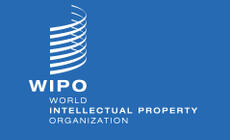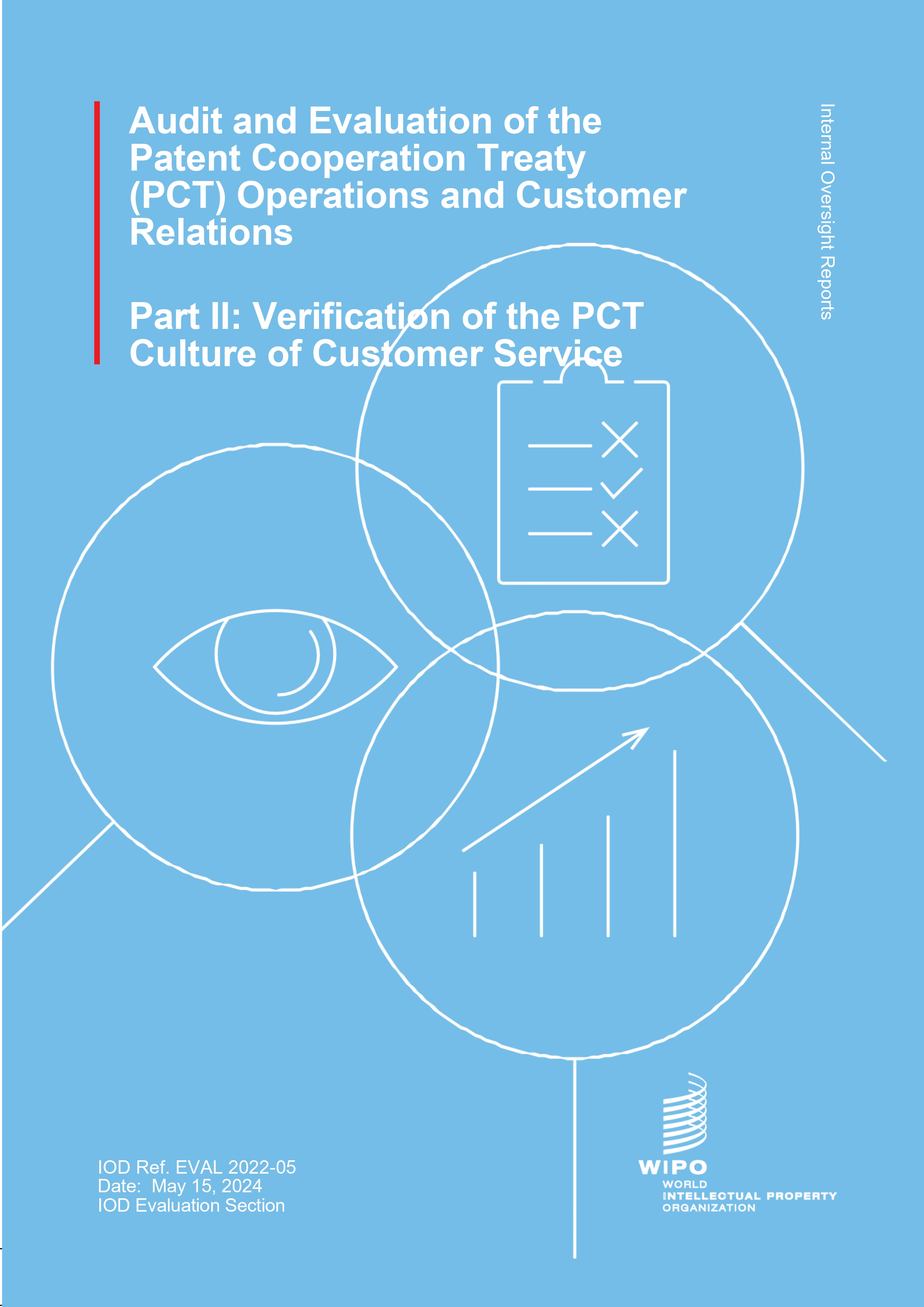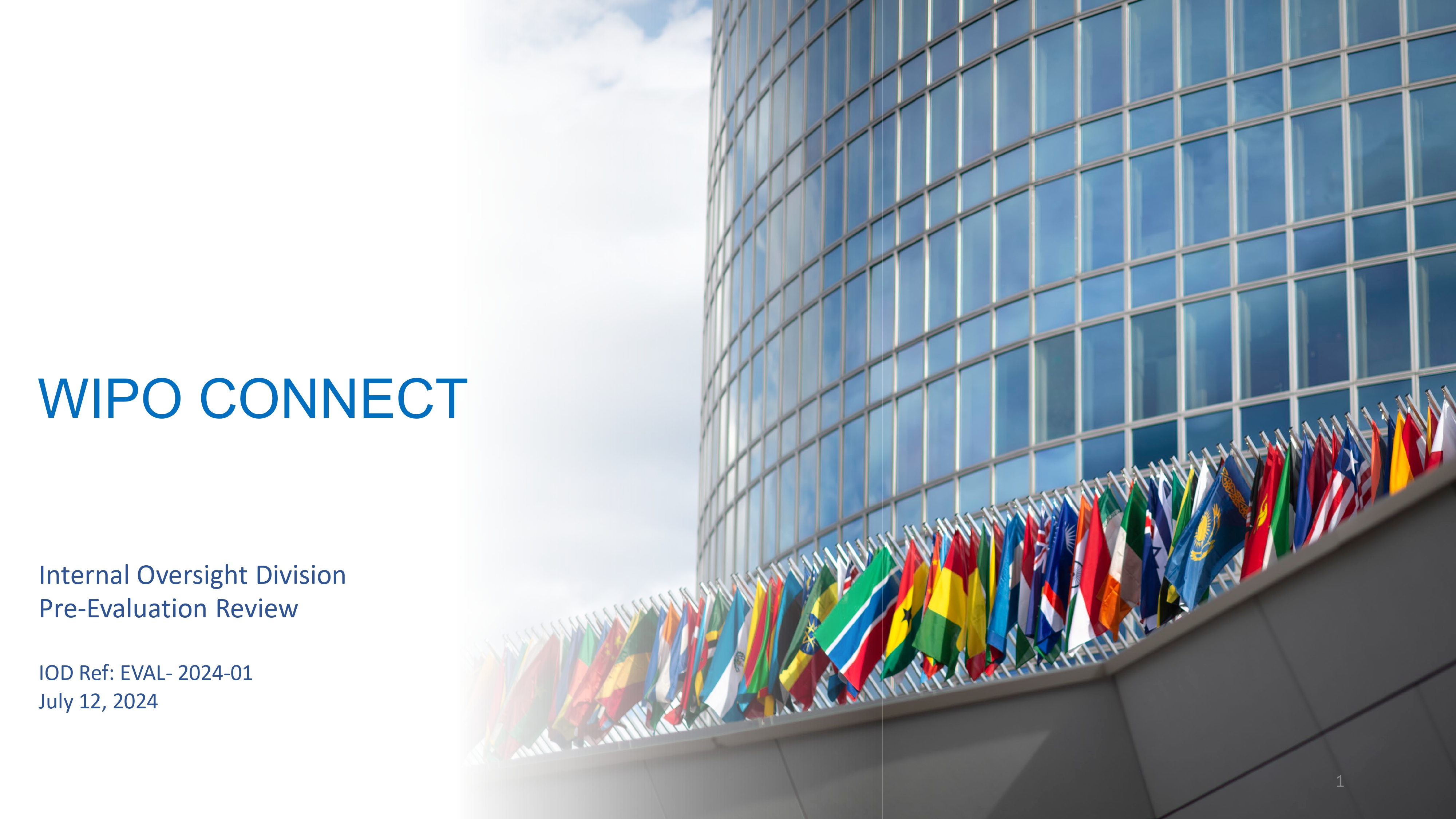Institution Background
The World Intellectual Property Organization (WIPO) is the United Nations Agency serving the world’s innovators and creators, ensuring their ideas travel safely to the market and improve lives everywhere.
It does so by providing services that enable creators, innovators, and entrepreneurs to protect and promote their Intellectual Property (IP) across borders and act as a forum for addressing cutting-edge IP issues. WIPO’s IP data and information guide decision-makers worldwide and its impact-driven projects and technical assistance ensure IP benefits everyone, everywhere.
WIPO is headquartered in Geneva, Switzerland, and currently has 193 members.
Evaluation Function
The WIPO Evaluation Section is part of the Internal Oversight Division (IOD), which operates under the WIPO Internal Oversight Charter, effective January 1, 2023.
The Evaluation function at WIPO provides innovative, high-added-value quality services and products that cater to learning, accountability, and knowledge generation to WIPO’s relevant stakeholders, thus contributing to the achievement of the Organization’s strategic focus. This is achieved by an articulated value proposition that considers the specific context and requirements of stakeholders, including helping these stakeholders adapt to the fast-changing environment.
Value proposition encompasses the provision of services to stakeholder or “client” types/categories with slightly different specific needs segmented into three areas - accountability, learning, and knowledge generation. In terms of accountability, the value proposition entails providing systematic, evidence-based assurances that WIPO achieves expected results in compliance with rules and standards. The learning proposition of value to the organization entails providing actionable knowledge to relevant WIPO stakeholders. For this, the Evaluation function provides evaluation products and services that describe, synthesize, and translate into actionable knowledge, explicit and useful to WIPO stakeholders for decision-making. Likewise, the knowledge generation segment of the proposition of value aims to contribute to fill the knowledge gaps through inductive reasoning and knowledge exploration.
Independence
WIPO’s Evaluation Policy provides a comprehensive framework for planning and conducting independent evaluations. The evaluation process is described in detail in the Evaluation Manual.
The evaluation function in WIPO reports administratively through the Director, IOD, to the Director General of the Organization. The Director, IOD, has functional and operational independence from Management in the conduct of his/her duties. In the exercise of his/her functions, he/she takes advice from the WIPO Independent Advisory Oversight Committee (IAOC).
Agenda Setting and Planning
Annual Oversight Plans prepared by IOD outline evaluations to be carried out by the Evaluation function during a biennium. Planning priorities are based on risk assessment and utility potential for accountability, institutional learning, and relevance for the Organization.
Evaluations are planned in consultation with managers.
Quality Assurance
The Evaluation Section implements the Quality Assurance and Improvement Program (QAIP) in accordance with the UNEG quality standards and Performance Indicators. The WIPO Evaluation Policy explicitly states that the quality of evaluation assurance is provided in the design, planning, and implementation process, covering methodologies for data collection and analysis. Each evaluation report provides complete and balanced evidence, findings, conclusions, and recommendations in a concise and traceable manner.
In addition, IOD has produced a checklist for ensuring the quality of evaluation reports, which is included in the Annexes of the Evaluation Manual.
Use of Evaluation
Evaluation is an integral part of WIPO’s Results-Based Management (RBM) system. Evaluation outputs can take the form of reports, briefings, and other information exchanges. Timely provision of these outputs is crucial for program planning, budgeting implementation, and reporting.
Final evaluation reports are submitted to the Director General by the Director, IOD, with copy to the Independent Advisory Oversight Committee (IAOC) and the External Auditor. They contain a management response with an action plan for accepted and explanations for rejected recommendations.
Evaluation reports are published on the IOD’s Evaluation Section page.



